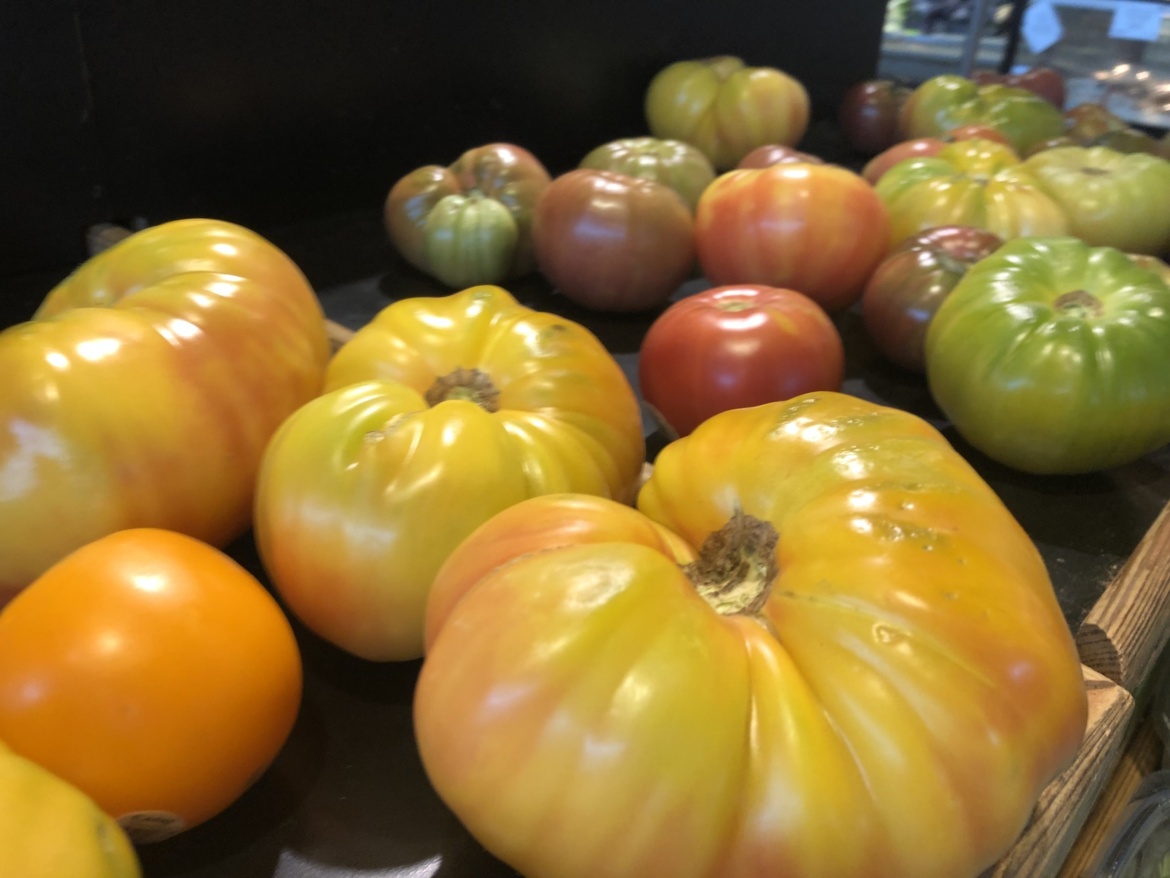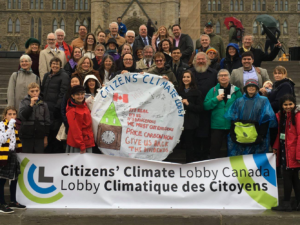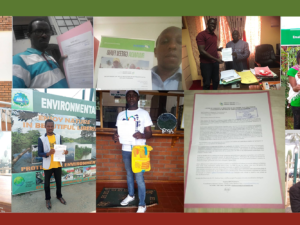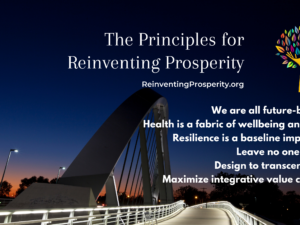
The CCI Food, Finance, and Democracy Project is rooted in our core understanding that a livable future is a human right, and in the Capital to Communities approach to participatory climate finance innovation. The Project aims to support citizen volunteers, stakeholder advocates, and public officials, in addressing the following questions:
- Will there be enough food for everyone, as climate disruption and climate crisis response unfold?
- Will vulnerable and under-resourced communities have access not only to affordable food, but to healthy and sustainable choices?
- What policies can support improvements in how we secure the food supply and in the quality of food available?
- How can national climate action plans and national development strategies be ennhanced through smart food systems policy and finance?
- How can participatory processes add insight, improve oversight, and support healthier and more sustainable outcomes?
Background
Human experience in the 21st century is already being conditioned by overlapping global crises and their intensifying impacts on wellbeing, rights, and institutions.
- Food systems are at risk of being chronically destabilized.
- Climate disruption is intensifying, destabilizing communities and regions, and putting the financial system at risk.
- Financial institutions need to develop an evolved way of working, fit for a time of polycrisis driven by unsustainable practices, even as a record number of nations slide into debt distress.
- Democracy is being tested, as people react to worsening instability and inequality.
Food, climate, finance, and democracy are interwoven areas of human aspiration and experience.
- Without sustainably produced, health-building, affordable food, economies can face structural challenges and eventual risk of breakdown.
- Supply disruptions linked to climate impacts, harvest failure, conflict and instability, and price volatility, can impose unmangeable cost and pressure on whole societies and regions.
- Habitat loss and other unsustainable practices have contributed to the intensifying threat of spillover pathogens that can lead to global pandemics.
- Societies and regions that cannot reliably secure sufficent affordable food become unstable and ungovernable.
Democracy can take many forms, but the core mandate is to ensure institutions are accountable to and able to work in service of the people who live within a jurisdiction. Participation in decision-making is a critical piece of this accountability. As climate impacts—including food insecurity—intensify, the need for public participation and public accountability will be made more urgent, in all contexts.
Areas of Action
The 2022 Reinventing Prosperity Report put forward a ‘Capital to Communities’ standard for climate-related finance, investment, planning, and performance tracking. The goal is to involve citizens, communities, and stakeholders in the design, deployment, assessment, and upgrading of financial interventions for climate-resilient development.
Amid the record heat of July 2023, CCI established the NDC Collaborative, a new project aimed at focusing the work of citizen volunteers on building political will for stronger and more transformational national climate action plans. CCI volunteers work to move five levers for building political will:
- Local chapter & volunteer development—The beating heart of CCI civics and education work is the local volunteer chapter. We support local groups of volunteers, and work to build climate advocacy and civic engagement skills.
- Grassroots engagement—Our local volunteer chapters organize events, join larger events, and provide community education on the economics, science, and policy response to climate change.
- Grasstops engagement—We seek to educate, build partnerships with and gain the support of trusted community leaders and non-governmental organizations, both nationally and locally.
- Media relations—We train citizen volunteers to engage with local and national media. This can include letters to the editor and opinion articles, meetings with newspaper editorial boards, and engagement with radio and television.
- Meeting with public officials—We train citizen volunteers to work in teams, to advocate for effective science-based climate policy, through friendly working relationships with their own representatives in government.
The CCI Food, Finance, and Democracy Project will gather, share, and refine information linking food systems to climate policy and financial innovation. It will provide critical learning and evidence-based insights to the NDC Collaborative, to ensure local chapters can support best-case local and national policy planning.
Core elements of this work will be:
- Consideration of local food system dynamics, including both climate-related stresses and opportunities linked to climate-resilient practices;
- Outlining linkages between climate science observations, other Earth systems science observations (watersheds, biodiversity, ecosystem health, etc.), and health and wellbeing in local and national context;
- Linking food systems transformation to national climate action planning and implementation;
- Using the Engage4Climate Toolkit to enhance stakeholder input to food, climate, and finance-related decision-making;
- Engaging all five levers of citizen volunteer activity to build political will for smarter, more resilience-building food-related policy planning and everyday decision-making.
Engage4Climate Meetings
The Engage4Climate Toolkit was established to extend the reach of the global Talanoa Dialogue, which invited group sharing of stories, testimony, and future visions, from stakeholders and leaders speaking openly to each other. The Talanoa Dialogue called on participants to address one or more of three core questions:
- Where are we?
- Where do we want to go?
- How do we get there?
This standard also informs the Global Stocktake on progress toward the goals of the Paris Agreement. Critical questions include:
- Is the community of nations succeeding in stopping and addressing the impacts of human-caused climate change?
- What will food systems and everyday economies look like if we succeed?
- How can food systems, nature, biodiversity, watersheds, and human health and well-being, make national climate action plans more investable?
- What tools do we have?
- What tools and strategies need to be developed?
We must recognize that since the onset of the COVID-19 pandemic, hunger has rapidly spread around the world. After Russia’s invasion of Ukraine and illegal interference with Ukraine’s agricultural production and export, spreading hunger turned into a global food crisis of unprecedented proportions. In 2022, 50 million people in 45 countries were living on the brink of famine, with more than 830 million people suffering food insecurity.
To provide useful, substantive answers to the guiding questions of the Talanoa Dialogue process and the Global Stocktake, and to address the food-related poly crisis in the context of worsening climate disruption, awe suggest a 20-year future visioning process. In simple terms, that means asking what kind of world we want to live in 20 years from now, and then mapping out the steps we need to take to make that better future a reality.
Use the Engage4Climate Toolkit to support Food, Finance, and Democracy meetings, to enhance climate crisis response and improve lives.








